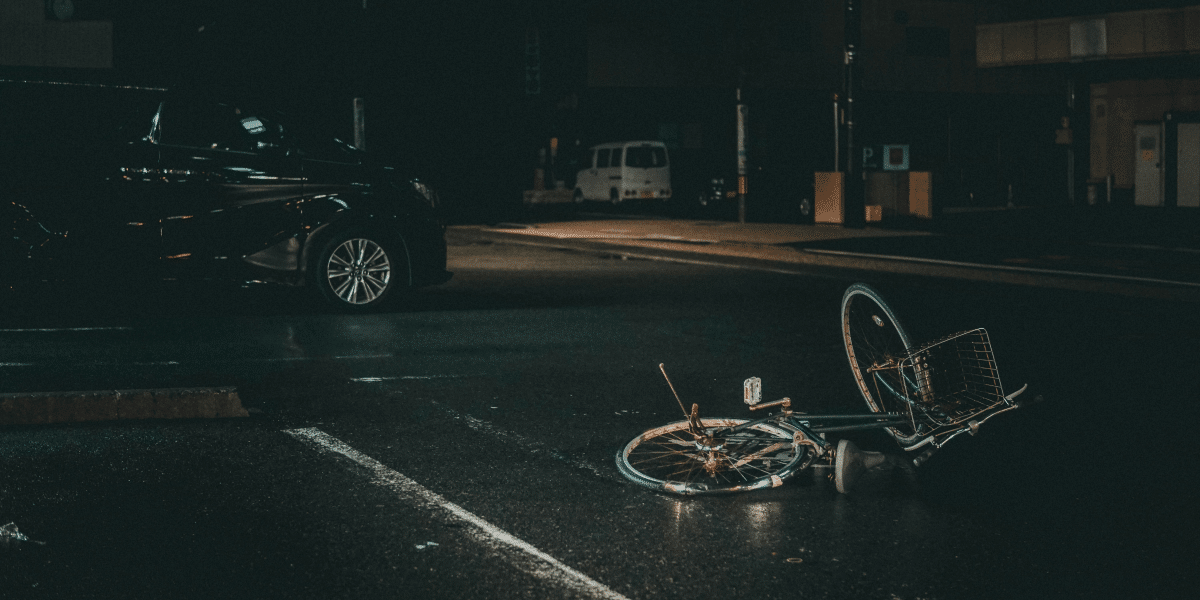By: RTAClaims.CO.UK
Getting into a non-fault accident can be a stressful experience, but it’s essential to stay calm and composed in the aftermath. One thing that can significantly impact the outcome of your situation is avoiding common mistakes that many people make after such incidents. Let’s go through some of the most common mistakes to avoid after a non-fault accident and provide you with tips for protecting your rights and ensuring a fair resolution.
Not Reporting the Accident
One of the biggest mistakes you can make after a non-fault accident is failing to report it to the authorities. Even if the accident seems minor or you think you can resolve it with the other party privately, it’s crucial to notify the police. Not only is this a legal requirement in many cases, but it also ensures that there’s an official record of the incident. This record can be invaluable when it comes to filing insurance claims and pursuing legal action if necessary.
Admitting Fault or Apologising
Another common mistake people make after an accident is admitting fault or apologizing at the scene. While it may be instinctive to apologize, especially if you feel bad about what happened, doing so can be misconstrued as an admission of guilt. Even if you believe you’re not at fault, it’s essential to refrain from making any statements that could be used against you later on. Stick to exchanging contact and insurance information with the other party and avoid discussing the details of the accident until the authorities arrive. Visit https://www.rtaclaims.co.uk/non-fault-accident if you want professional help with your claim.
Neglecting to Gather Evidence
Gathering evidence at the scene of the accident is crucial for supporting your version of events and protecting your rights. This includes taking photos of the vehicles involved, any damage sustained, and the surrounding area. Be sure to also exchange contact information with the other party and obtain statements from any witnesses. The more evidence you have, the stronger your case will be when it comes to filing insurance claims and proving liability.
Delaying Medical Treatment
One mistake that many people make after an accident is delaying seeking medical treatment, especially if they don’t think their injuries are severe. However, even seemingly minor injuries can develop into more serious conditions if left untreated. Additionally, seeking prompt medical attention creates a record of your injuries, which is essential for your insurance claim and any potential legal proceedings. Don’t underestimate the importance of your health – make sure to get checked out by a healthcare professional as soon as possible after an accident.
Accepting a Low Settlement Offer
Insurance companies are notorious for offering low settlement amounts in the hopes that claimants will accept them without question. However, accepting a low settlement offer can leave you severely undercompensated for your losses. Before agreeing to any settlement, make sure to carefully evaluate the offer and consider the full extent of your damages, including medical expenses, vehicle repairs, and any other financial losses incurred as a result of the accident. If you’re unsure about whether the offer is fair, don’t hesitate to seek advice from a legal professional.
Regaining Your Confidence on the Road
You can totally lose your confidence driving when you’ve been in an accident. This can happen as a result of your own actions or because you no longer trust other drivers on the road. The important thing to realize is that this cautiousness and anxiety don’t have to last forever. It’s about overcoming the accident and making sure it doesn’t impact the rest of your life. Let’s take a look at some of the ways other drivers have regained their confidence on the road after a bad accident.
Start Driving Immediately
When you’ve been in an accident, it’s tempting to take a break from driving. You feel like you need time away from the roads in order to feel better. However, you can actually find that the opposite happens. The longer you aren’t behind the wheel, the harder it is to get back. So, it’s recommended that you start driving immediately after you’ve been in an accident. It’s about getting back on the horse and realizing that this incident won’t have a lasting effect on you. It doesn’t have to be long road trips. Simply driving for around 10 to 20 minutes a day can be good.
Take Refresh Lessons
Most people think about driving lessons as being only for beginners. However, this is not true. Any experienced instructor understands what it can be like to be involved in an accident. Often, they’re happy to help you refresh your skills and regain your confidence. So, why not book some lessons and take a refresher course? This can help you feel better about your driving abilities.
Stick to Slower Roads
Note that anxiety can be worse when you’re traveling fast. You can feel safer and more secure when you’re on roads at around 20 to 40 mpg. This is something that you should remember when driving is feeling overwhelming. Stick to slower roads to begin with until you feel confident again. It can make a huge difference, as well as choosing routes that are quieter. It’s also helpful to avoid rush hour when you know the roads will be more hectic.
Disclaimer:This content is for informational purposes only and is not intended as financial advice, nor does it replace professional financial advice, investment advice, or any other type of advice. You should seek the advice of a qualified financial advisor or other professional before making any financial decisions.
Published by: Martin De Juan



















